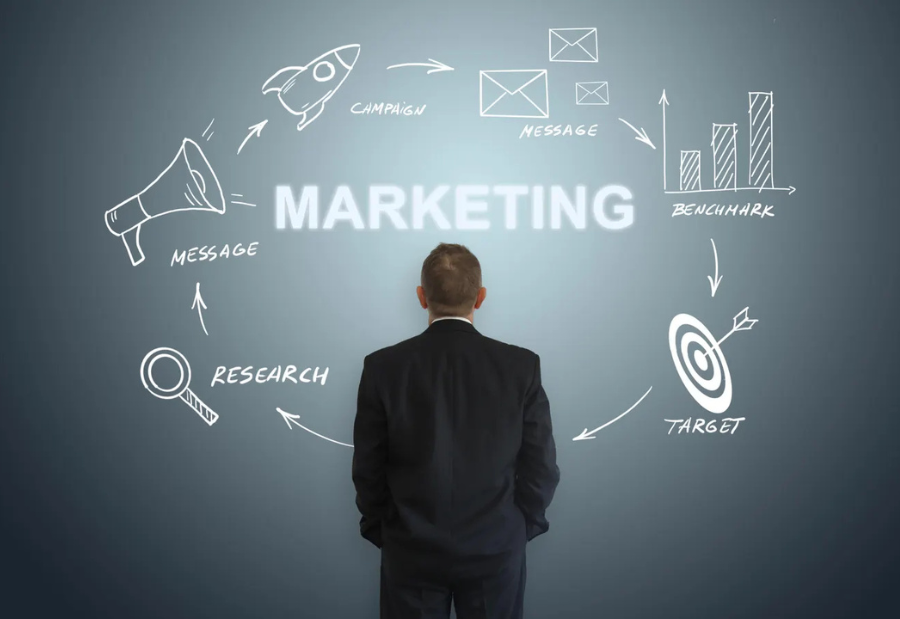
From Influence to Trust: How Marketing Is Entering the Era of Authenticity
For years, marketing was about visibility. Brands wanted to be seen everywhere — on billboards, social feeds, and influencer pages. But today’s consumers are smarter, more skeptical, and more connected than ever before.
They’re not just asking “What does this brand sell?” — they’re asking “What does this brand stand for?”
Welcome to the new age of marketing — the era of authenticity, where trust is the most powerful form of influence.
Why Authenticity Is the New Marketing Superpower
The digital world has created a paradox: people are more connected, yet trust less.
Ad fatigue, clickbait, and over-promotion have made audiences tune out.
According to recent studies, 86% of consumers say authenticity is a key factor when deciding which brands to support.
In short — people don’t want perfect. They want real.
That’s why marketing is shifting from polished perfection to human connection.
The Power of Being “Unfiltered”
Once upon a time, brands spent weeks crafting flawless campaigns. Now, some of the most engaging content comes from behind-the-scenes moments, user-generated stories, or unscripted social videos.
Why? Because people relate to imperfection.
-
A founder sharing lessons from failure feels more real than a press release about success.
-
A brand responding openly to feedback feels more approachable than one hiding behind corporate jargon.
-
An influencer talking about why they actually like a product builds more credibility than one reading a sponsored script.
In a world full of filters, authenticity is the ultimate filter-breaker.
Trust > Reach
Brands are learning that attention alone doesn’t build relationships — trust does.
You can buy reach. You can’t buy belief.
That’s why smart marketers are focusing less on vanity metrics and more on community metrics — loyalty, advocacy, and word-of-mouth.
It’s not just about “Who saw my ad?” but “Who believed my message enough to share it?”
How Brands Can Build Authentic Marketing in 2025
Here’s how forward-thinking brands are making authenticity a strategy, not a slogan:
1. Tell the Story Only You Can Tell
Every brand has a backstory — a purpose, a moment of struggle, a reason it exists. Share that. People love brands with roots and real stories.
2. Empower Your Employees & Customers
Your employees and users are your most credible storytellers. Encourage them to share real experiences and voices — not scripted ones.
3. Be Transparent — Even When It’s Uncomfortable
Admit mistakes. Address controversies. Consumers don’t expect perfection, but they respect honesty.
4. Make Your Values Visible
People align with brands that reflect their values. Whether it’s sustainability, inclusion, or social impact — let your actions speak louder than your campaigns.
5. Invest in Long-Term Relationships, Not One-Off Campaigns
Loyalty is built over time. Focus on ongoing engagement, personalized experiences, and meaningful touchpoints instead of just seasonal promotions.
Authenticity in the Age of AI
Here’s the twist — as artificial intelligence becomes more common in marketing, human touch becomes more valuable.
AI can automate responses, predict trends, and personalize content — but it can’t replicate genuine emotion or empathy.
The future isn’t “AI replacing humans” — it’s “AI empowering humans to be more authentic at scale.”
Imagine AI handling data while marketers focus on the story behind the numbers.
That’s the real magic.
Final Thought
Marketing is no longer about being the loudest voice in the room. It’s about being the most trusted.
When brands choose honesty over hype, storytelling over selling, and people over pixels — they don’t just capture attention; they earn loyalty.
Because at the end of the day, authenticity doesn’t just build brands — it builds belief.